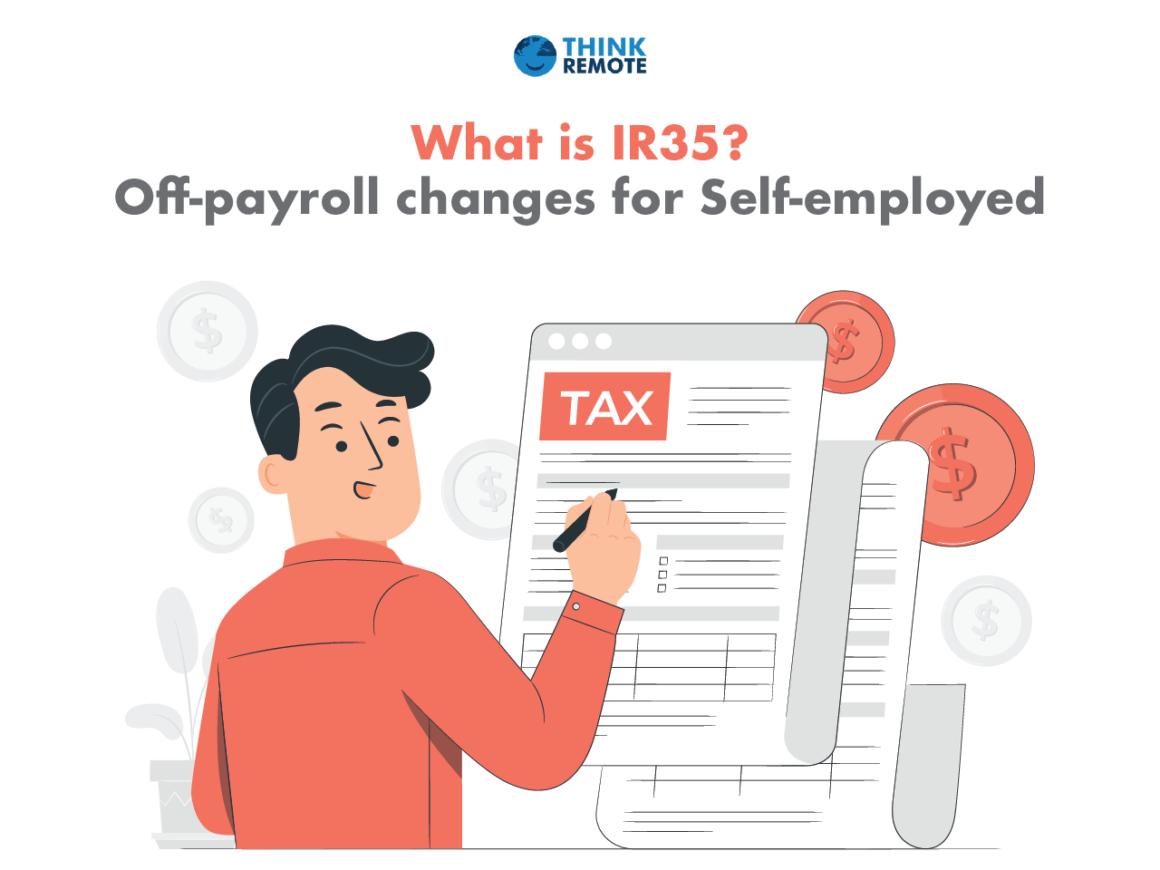IR35 was first introduced in 1999 and is the common term for the Intermediaries Legislation. The idea was to close a tax loophole that some contract staff were exploiting; they were long-term staff who often did the same jobs as employed staff but invoiced their employer through a limited company rather than being paid through your salary (Pay as you earn or PAYE). This allowed them to pay themselves a low salary and take the rest of their earnings through dividends paying less tax.
When is IR35 Coming into Effect?
The original legislation came into effect in 1999, but there have been changes to how the rules are applied. The most recent was in 2021, when the government changed who decided if a contractor was ‘in IR35’ or not. Previously, the contractor had decided themselves, but the new rules made it the responsibility of the company that employed them. This put a whole new level of liability on the companies that employed contractors.
So, when is IR35 coming in? It already is.
Who Determines IR35 Status and How?
The company that hires the contractor now has the responsibility of determining whether IR35 applies for tax purposes or not. This has led to some organisations being more cautious or offering temporary employment contracts rather than the previous customer and supplier dynamic.
Three Criteria for Falling into IR35:
1. Control
How much control does the client company have over how the contractor does their work? If you have been given a project and have free reign over how it is delivered, then you are outside of IR35. If you are given specific tasks to do by a line manager, then you will be considered inside f IR35.
2. Right of Substitution
Is the company hiring you as an individual, or could someone else do the work? If your contract includes a clause allowing another qualified person to complete the work, that is considered outside IR35. If it’s just you, then you are inside IR35.
3. Mutuality of Obligation
Are you able to cancel the contract part way through? Does your obligation to the client end when that project is finished? If that goes both ways, then you are outside of IR35. If that option only goes one way, or you have other obligations as part of the contract, then you may be inside IR35 and need specialist advice to determine your status.
IR35 Changes: Whom It Affects?
As of the 6th April 2021, the IR35 tax changes now mean medium-large organisations that engage limited companies, and any supply chain between the two parties will also need to consider IR35.
The new IR35 rules apply to all public sector clients and private sector companies that meet 2 or more of the below conditions:
- Having an annual turnover of more than £10.2M
- Having a balance sheet total of more than £5.1M (total amount shown as assets before deducting any liabilities)
- Having more than 50 employees
IR35 Consequences on Recruitment Industry
IR35 has made it difficult for contractors who will now have to pay standard rates of income tax and National Insurance but won’t get any of the benefits of being an employee. They aren’t eligible for sick pay, paid holiday, training, pension contributions, or any other compensation outside of financial. This has meant is that contractors working through the traditional model have effectively taken a 25% pay cut. As you can imagine, this has significantly impacted on the number of independent freelancers working this way.
There has also been a decrease in companies willing to ‘take the risk’ of making assessments and hiring freelancers, increasing the number of short-term, temporary employment contracts.
FAQs
Yes. IR35 rules continue to be in force, although they are subject to amendments over time.
Avoiding tax isn’t the best choice. You may be able to make changes to your contract to ensure you don’t meet the criteria. However, for this, you need advice from a specialist. There are websites that offer a free assessment to check your IR35 status, but you will need to check their legitimacy.
Length of contract doesn’t impact IR35, so you’re not more likely to come under IR35 with a longer contract – there is no IR35 deadline. The criteria are those outlined above; control, right of substitution, and mutuality of obligation.
It means that your contract isn’t considered ‘disguised employment’ by the Inland Revenue and isn’t subject to income tax and NICs.
If your contract is inside IR35, then your earnings are subject to income tax and NICs.






